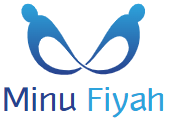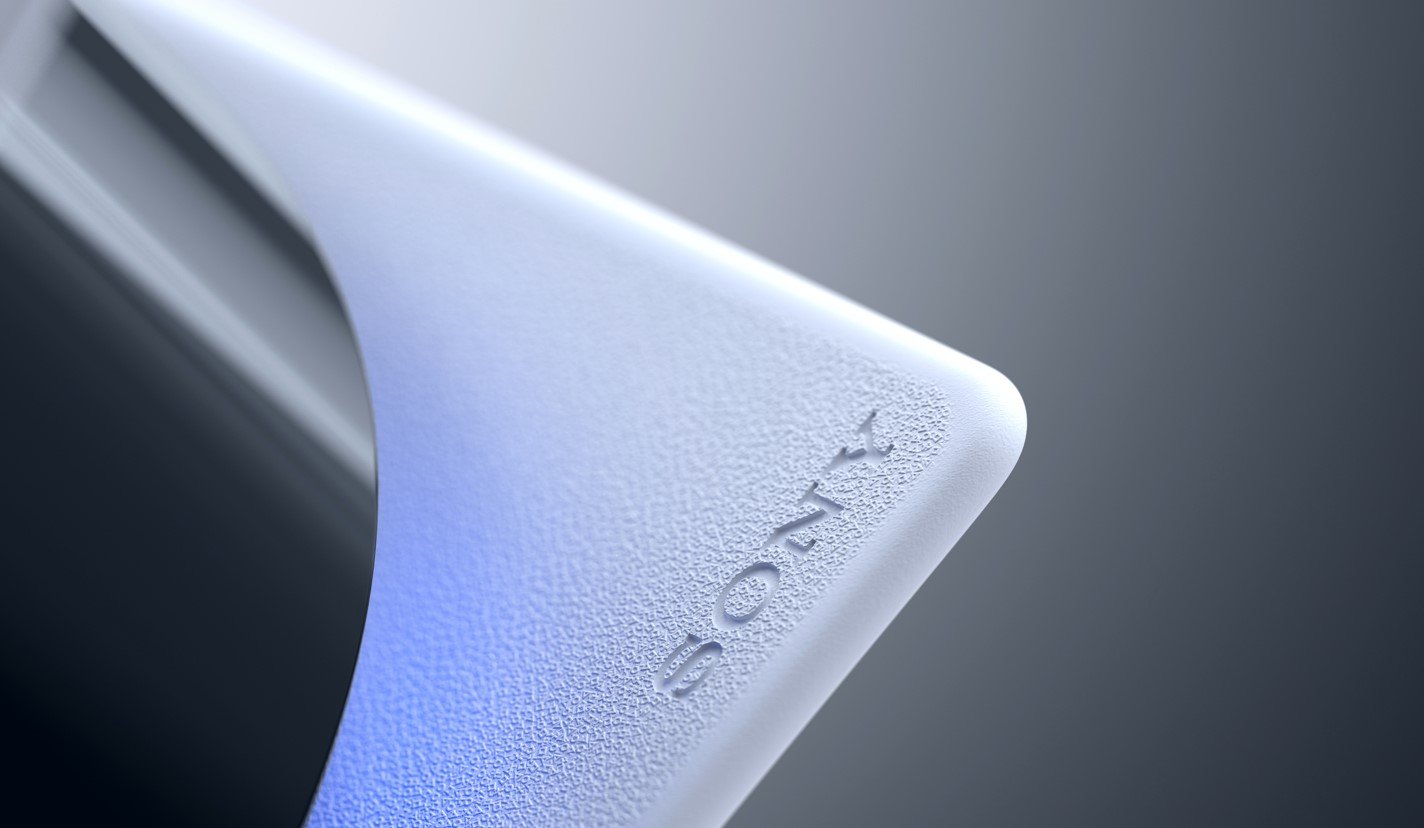The economy and trade of halal products—what Islam deems as permissible to consume—is as old as Islam itself. In many Muslim majority countries, it was long taken for granted that consumer goods were halal; it was only by the 1970s that Indonesia, the Philippines, and other Southeast Asian countries with significant Muslim and non-Muslim populations started developing formal halal labeling standards, setting a trend for the global Islamic economy. The latest research estimates the global halal consumption market at nearly $2.3 trillion among a population of 2 billion Muslims.
[–>
Here, China has emerged as a significant force. In 2021, it was the leading exporter of halal goods and services to the fifty-seven member states of the Organization of Islamic Cooperation (OIC), with in trade value of $40.4 billion. Chinese exports include modest clothing, halal media, and recreational goods such as books, toys, and games, but most notable is China’s takeover of a bigger share in the halal pharmaceuticals and cosmetics sectors. While this was partly facilitated by the COVID-19 pandemic, demands for halal-certified active pharmaceutical ingredients or excipients such as halal anticoagulants or gelatin is a major driving force. With its expertise in biotechnology and strategic partnerships with established pharmaceutical companies in the Islamic world, including Malaysia and Morocco, China is poised to remain dominant—setting the stage for economic competition with Arab Gulf states. Indeed, Saudi pharmaceutical firm, Avalon, shared recently its ambitious expansion plan that relies on growing its market share in the GCC and Iraq.
[–>
China is also eyeing a stronger position in the halal food industry, especially in Arab countries, where it has become a growing economic player since the region was roped into the Belt and Road Initiative (BRI) in 2013. The 2017 deal between Dubai Food Park and China’s Ningxia Forward Fund Management Company, for instance, underscores China’s ambitions to capture a larger share of the global halal market, with food and meat exports being central components.
[–>
At a cost of $1.5 billion, the industrial food cluster plans to accommodate 30 food plants, including two Chinese-catering companies and two plants for halal food packaging. This interest is not unidirectional, however. Key players in the region such as the UAE and Saudi Arabia hope to benefit from China’s advanced technology and industrial capacity—especially in digital technologies and supply chain logistics—to establish themselves as leaders in the halal economy. China, too, has a large Muslim population for which it needs to cater for in terms of halal consumption, and Arab companies like Oman’s Amouage for halal cosmetics seek benefit from this sizeable consumer base within China.
[–>
Yet when it comes to halal certification, Southeast Asian and Arab countries have a leg up on China in terms of the prestige of their labels. For many years, Malaysia, known for JAKIM, a state body responsible for Islamic affairs, including halal certification, has held the highest rank in the Global Islamic Economy Indicator (GIEI). Gulf countries like Saudi Arabia and the UAE have also been gaining authority in halal certification, helped by their geographical location at the heart of the Islamic world. On the other hand, Chinese halal certification has been suffering from a legitimacy crisis, with multiple cases of Chinese halal food franchises selling pork.
[–>
Chinese localities are already engaged in halal regulation, but given China’s growing engagement with Muslim countries, enacting national halal legislation will be in China’s interest. In the meantime, it has already started cooperating with JAKIM to boost the legitimacy of its halal products, and may also seek partnerships with halal certifiers from the Gulf, which could further expand China’s access to one of the largest halal product markets.
[–>

“متعصب التلفزيون. مدمن الويب. مبشر السفر. رجل أعمال متمني. مستكشف هواة. كاتب.”






More Stories
أسهم Nvidia حتى لو تضاعفت أرباحها
تُظهر سيارة لوتس الرياضية المستقبل من خلال سيارة ذات ثلاثة مقاعد مليئة بروح الروح
أسعار الفائدة في المملكة المتحدة: بنك إنجلترا سيصدر القرار التالي